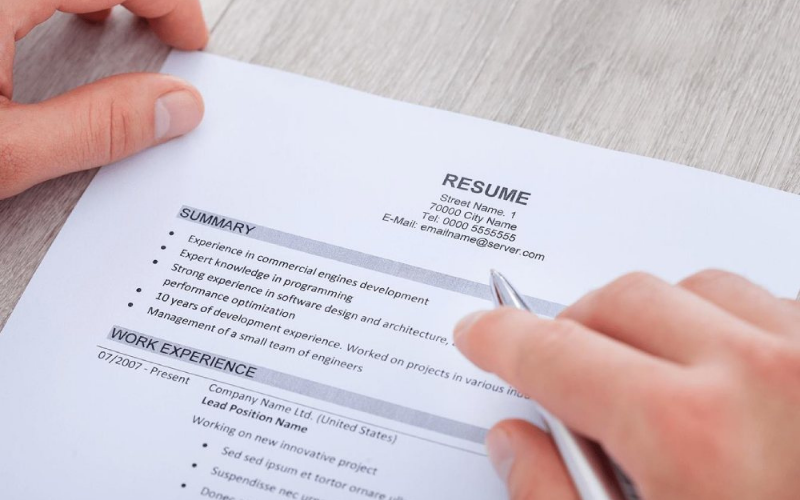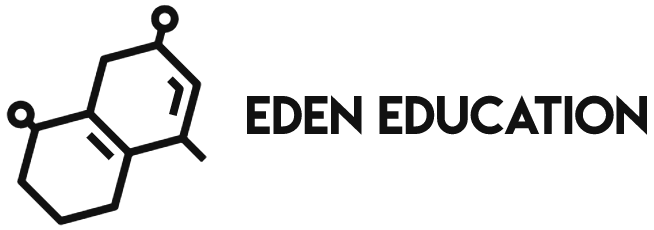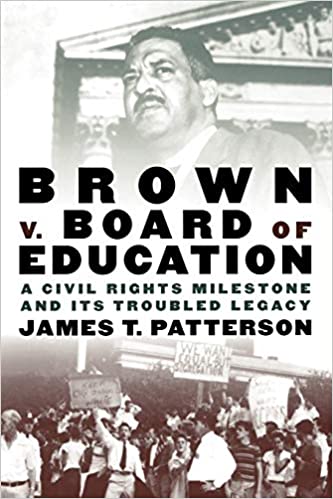
How to List Education on Your Resume
When deciding how to list your education on your resume, there are a few key considerations you should take into account. While it is possible to stretch the truth, you should always make sure to prove your degree and education in your professional life. If you do not have any formal education, beef up your special skills section by emphasizing hard and soft skills. Listed below are some ideas for how to list education on your resume.
Highlighting relevant professional development
Professional development experiences can be helpful to include in your resume. These experiences demonstrate your dedication to the field you are applying to and may provide insight to future employers. When listing your professional development experiences, remember that the employer is looking for a candidate with knowledge and skills relevant to the job description. Listing such experiences can help you market yourself to the employer and make your skills more relevant to the position you are seeking. To get more tips, read on!
When creating a professional development section on your resume, make sure to include only the most applicable skills. It makes no sense to include CPR certification if you are applying for a position in accounting. Instead, focus on showing your relevant training and education. This can set you apart from other applicants. You can also highlight your personal development skills in this section to make yourself stand out. The most relevant skills are those you use on a daily basis, so highlighting them on your resume will make you look more appealing to the employer.
Including a GPA
Listing your GPA on your resume is not a bad idea if you are a recent graduate. Your GPA reflects your achievements, dedication to excellence and work ethic. It may also indicate your lack of work experience, which can help hiring managers determine your potential. However, once you have a few years of work experience under your belt, mentioning your GPA will no longer be as relevant. It is better to mention awards or other achievements that you have received in your field instead.
The education section of your resume should include the name of your school and degrees, and academic honors, if applicable. This section should follow the summary and experience sections. Adding a GPA to your resume will complement the other sections. You can add it to your resume with a few clicks. The GPA should be prominently labeled in parentheses and should be supported by other academic achievements. For example, if you are applying for a copywriting position, you may mention writing competitions you won.
Highlighting relevant coursework
Adding a section on your resume listing all relevant coursework can help you boost your chances of landing that dream job. This section is particularly useful for recent college graduates, who can use it to demonstrate their education and industry knowledge. However, it should be used strategically, and not just as an excuse to list all of your courses, even if they are related to the type of job you’re applying for. If you are unsure how to highlight relevant coursework on your resume, here are some tips:
Include relevant coursework only if it’s recent. Recent graduates should spend more time highlighting their coursework, as they have few relevant job experiences yet. This type of education is best suited for a position in the health care industry, and it can make a real difference. For those seeking a position in a different field, coursework may not be as relevant as previous job experiences, so be sure to list all relevant courses.
Highlighting honors and awards
A good way to make a strong resume is to highlight your honors and awards. Highlighting your accomplishments is essential in today’s competitive job market. If you have a high school diploma or are still in college, highlight your high school awards and honors on your resume. It’s a good idea to include academic honor societies on your resume, as well. Honor societies are generally reserved for highly-skilled students.
While you can list honors and awards on a resume, they don’t necessarily have a direct connection to the job vacancy. While awards and honors are worthy of highlighting, keep the details relevant to the job vacancy. Include the dates and locations of your awards. Your resume will be more impressive if you list your awards and honors in an Awards and Honors section. But remember, your resume is a subjective representation of your skills and achievements.



